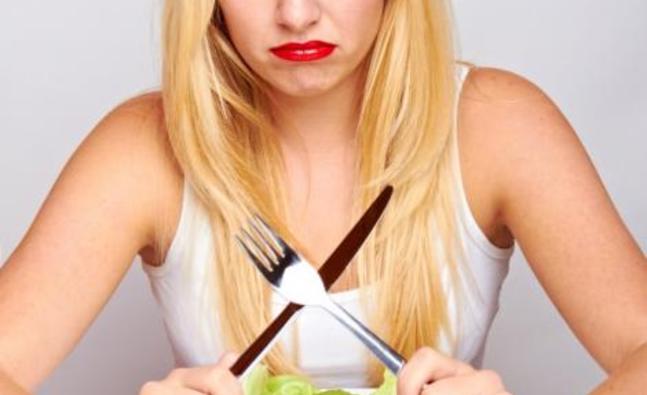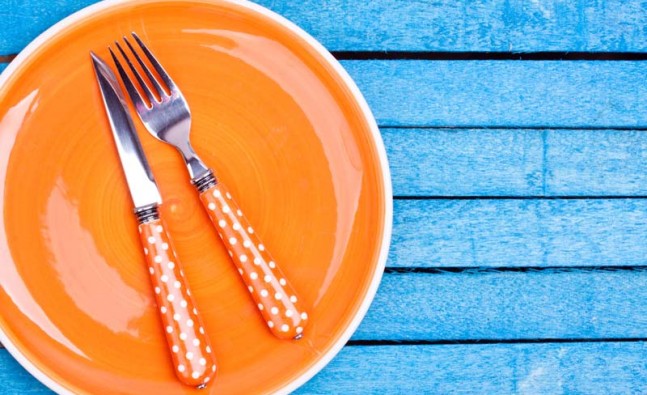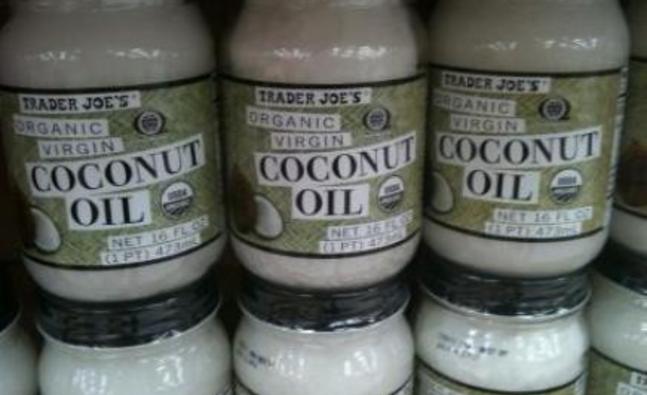Do detox diets work?

Often touted as a way to kick-start weight loss, letâs take a closer look at detox diets and find out if they really work…
Over 300 UK scientists and engineers recently investigated the evidence behind claims made for detox diets and related products. They published a dossier explaining that the human body already has a fantastic detox system - the liver and kidneys - and that there is no need to for expensive detox treatments and products.
What you can expect from a detox diet
If you're starving yourself for anything from four to 14 days, of course you're going to lose weight. However, if you drastically cut your kilojoule intake the first thing you lose is not fat, but water weight.
Fasts lasting a day or two are unlikely to be dangerous for most healthy adults however, the elderly, anyone with a chronic disease, pregnant women, and children are advised against any type of fasting.
Potential side effects of fasting could include but are not limited to low energy, low blood sugar, heart palpitations, muscle aches, fatigue, light-headedness, nausea, dehydration and malnutrition.
After a few days of fasting you will begin to burn fat but youâll also lose muscle, which results in slowing your resting metabolic rate. As a result of muscle loss, when you do start eating normally again, you could gain more weight than you lost!
How does the body deal with toxins?
The body has an efficient self-cleansing system which includes the colon, immune system, liver and kidneys.
Your liver is responsible for metabolising and detoxifying the natural or synthetic chemicals that enter your system. And since most environmental toxins are fat-soluble to start with, theyâre difficult or impossible to eliminate without your liverâs help.
Over time your liver can become damaged from the detox process. So, if youâre going to embark on a detox programme, the first step should be to support your liverâs detox phases and optimise its overall function.
Steps to support your liver
To keep your body and its natural defence mechanisms in top form, itâs important to follow a healthy diet.
This means eating natural, whole and, if possible, organic foods.
Here are four steps to help support your liver…
-
Limit sugar, fried foods and processed foods containing trans-fats or hydrogenated oils
-
Eat more fresh fruit and vegetables
-
Drink alcohol in moderation, if at all
-
Do not smoke
Detox diets often prey on the publicâs fear of disease and a lack of understanding of how the body works. Generally, detoxes are unnecessary, unrealistic, unsustainable and potentially dangerous.
When it comes down to it, a healthy diet, exercise and plenty of sleep will do more good for your body than any harsh detox diet!
If you enjoyed this article, we recommend reading Simple weight loss truths. For more medical, health and wellness news and articles, visit www.hellodoctor.com
- DON'T MISS
- Is your budget making it hard to lose weight?
- Pick a cheat day and still shed weight
- Ways to make daily exercise fun
- Why Jada Pinkett Smith Is Happy About Her Weight Gain
- 6 Things You Should Never Say to Someone Trying to Lose Weight
- Should I be a certain weight for pregnancy?
- Omit the bread and go for lettuce!
- WIN 1 of 2 lifestyle programmes: R2 867 each!
- Forget about weight gain by avoiding these foods
- Will Working Out Twice a Day Actually Help You Lose More Weight?




